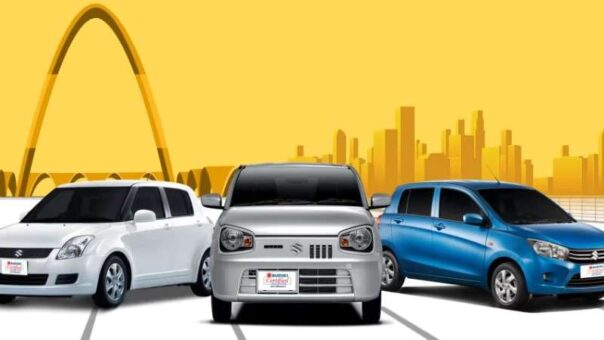Islamabad, November 12, 2025 – Pakistan’s roads are increasingly filled with imported used cars, sparking growing concern among domestic auto manufacturers and parts suppliers about the future of local production and employment.
According to the Engineering Development Board (EDB) and industry associations, the market share of imported used vehicles has surged to 20 percent in 2025, compared to an average of just 7.5 percent between 2020 and 2023. This rapid influx is threatening the sustainability of the country’s automotive manufacturing base.
The Pakistan Association of Automotive Parts & Accessories Manufacturers (PAAPAM) estimates that local vendors are collectively losing PKR 48 to 60 billion annually due to falling demand for locally made components. Industry experts warn that if current policies persist, half of all cars sold in Pakistan could soon be used imports, sidelining domestic assembly plants and weakening the nation’s industrial backbone.
Each imported car reportedly replaces around PKR 1.5 million worth of local parts, leaving hundreds of small and medium-sized enterprises (SMEs) struggling with idle capacity and financial strain. Pakistan’s auto-parts manufacturing sector directly employs about 300,000 workers and supports two million more indirectly, making it one of the largest employment generators in the manufacturing sector.
Industry officials say the unchecked rise of used car imports is also encouraging the misuse of import channels such as the gift, baggage, and transfer of residence schemes. This has led to widespread under-invoicing, misdeclaration, and tax evasion, while also fuelling capital flight through informal systems like hawala/hundi.
Experts fear that the government’s plan to phase out the 40 percent regulatory duty on used car imports by 2028–2029 could open the floodgates for large-scale commercial imports, further destabilizing local production.
Efforts to merge import schemes under stricter monitoring reportedly stalled, leaving loopholes open for misuse.
Industry leaders are urging the government to introduce structural reforms in the upcoming Auto Industry Policy (2026–31) to protect local manufacturers and preserve jobs.
Pakistan must choose whether it wants to be a dumping ground for used vehicles or build a sustainable, self-reliant auto industry, said a senior PAAPAM representative.
As Islamabad drafts the new policy, stakeholders are watching closely to see if the next chapter for Pakistan’s auto sector will mark a revival or a decline in domestic industrial capability.
